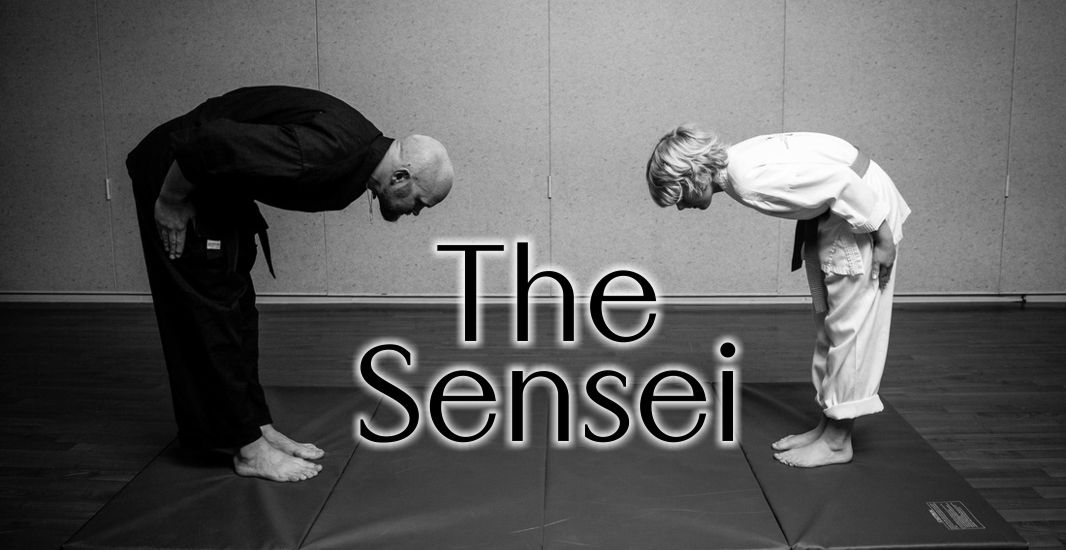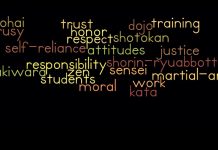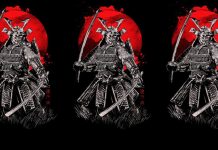The relationship of a Sensei to the dojo is very difficult to define, as it encompasses many varying aspects of life. The Sensei must flow thru the student in many levels of communication and reach to the far corners of the student’s life. A Sensei is sometimes a father and also at times, even a mother; and adviser, and chastiser. A Sensei, though different, is the same as everyone else. He is human in a controlled way and deserves respect, for he has traveled long upon the Do (way).
A Sensei should be a good teacher by conveying at the correct time the appropriate knowledge in the best possible way and manner to the student and must be able to see the students and their problems as they never can – impartially. A Sensei shows no favor, indeed as progression is attained, he becomes harder on those that progress. He is kind but firm to the beginner on the path.
The Sensei advises, in an appropriate manner, in the inner spiritual aspects of the art and always has a friendly ear that listens properly as they tend to categorize him into either teacher or friend. He is neither but both and more. He sees a student in a free way, unmoved by external face or appearance and he helps in the best way befitting a student. If this is to be hard, he is so, to be soft, then he is so. But always it is in the best manner for the student for the Sensei’s heart is forever with them.
Often a Sensei will test his students by taking views dramatically opposed to theirs and then study their reactions. Silence is often the best form of praise that Sensei will give his students. He will note what affects the students in and out of the dojo, how they act towards friends, family and work and will act upon the students accordingly.
The Sensei will put forth untruths to see if they are accepted, say nothing when he should speak volumes. He is king when there is no apparent reason. He may be tyrannous or compassionate, but through all these externals, his heart is still for them. He listens when they speak but can see the inner reasons for their speech, he is unmoved but can move. The Sensei is forever active, even in a subdued way. He gives while others take and asks no rewards save the proficiency of mind and body. He is sad, sometimes happy, let down and often abused, but forever holds to the way, for that is his life.
Though outsiders may change, the Sensei does not, though he can adapt at will completely, the inward ideals and principles always there. He persists when there is no apparent reason. That is why he is a Sensei. On the average it takes 5000 students to produce one worthwhile Sensei.
If you have one then take care of him.










